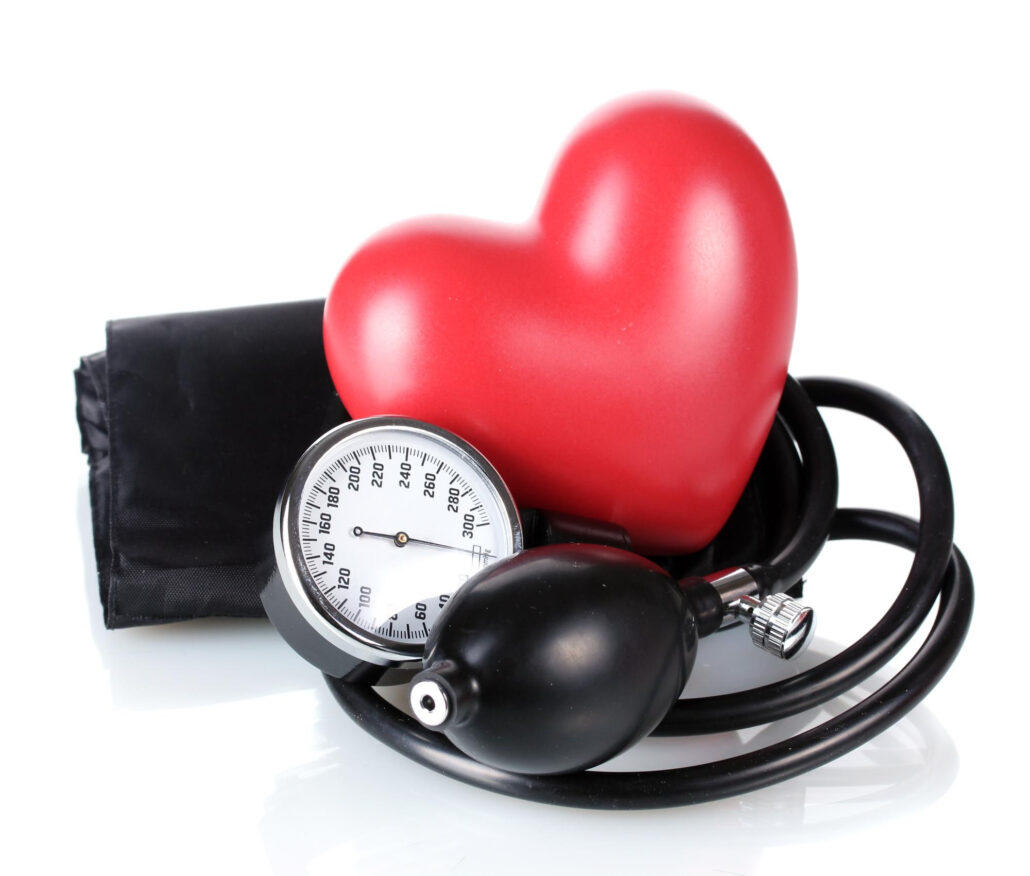Chronic Kidney Disease Research Study
Researchers at the University of Colorado Anschutz Medical Campus are partnering with individuals who have chronic kidney disease to learn more about the effects of inspiratory muscle strength training (IMST) on cardiovascular health. Join our compensated study today!

Fast Facts
chronic kidney disease, stage 3 or 4
50 Years and Older
Compensation Provided
Conducted in aurora, CO
Study Background
Since high blood pressure is a risk factor for kidney disease, our researchers are looking for ways to lower blood pressure in adults who have chronic kidney disease. In this study, we will test an intervention called inspiratory muscle strength training (IMST).
IMST, or breathing against a handheld device with resistance, is a novel intervention that can mimic some of the effects of exercise and requires only brief sessions (5 minutes a day, 6 days a week).
Participants train with the breathing device over the course of about 3 months. At the beginning and end of the study, participants will go through vascular testing, an MRI (if possible), blood pressure monitoring, and some other optional testing. Participants may be put in a low intensity training group or a high intensity training group.
Your participation in this study may help researchers develop better approaches to improve kidney health and cardiovascular health for adults like you. Further research today and join our compensated study!

Study Background
Since high blood pressure is a risk factor for kidney disease, our researchers are looking for ways to lower blood pressure in adults who have chronic kidney disease. In this study, we will test an intervention called inspiratory muscle strength training (IMST).
IMST, or breathing against a handheld device with resistance, is a novel intervention that can mimic some of the effects of exercise and requires only brief sessions (5 minutes a day, 6 days a week).
Participants train with the breathing device over the course of about 3 months. At the beginning and end of the study, participants will go through vascular testing, an MRI (if possible), blood pressure monitoring, and some other optional testing. Participants may be put in a low intensity training group or a high intensity training group.
Your participation in this study may help researchers develop better approaches to improve kidney health and cardiovascular health for adults like you. Further research today and join our compensated study!
Additional Information
You may qualify for this study if you meet the following criteria.
Key Criteria:
- 50+ years old
- Chronic Kidney Disease, Stage 3 or 4
- No significant pulmonary disorders, such as COPD
Participation includes a total of 11 study visits, for which you would need to come to the CU Anschutz Medical Campus in Aurora, CO about every 2 weeks.
Visits 1 and 2 (~30 min-1 hour) are for screening and involve an ECG, medical history, a blood draw, urine sample, and vital signs.
Visits 3 and 4 (~2-5 hours) are for the baseline testing, including an MRI, questionnaires, vitals, a blood draw, a 24-hour blood pressure monitoring and diet recall, optional tests such as cell collection through an IV, cerebrovascular testing, cognitive testing, and a walk test.
Visits 3 and 4 may be combined, if preferred.
Visits 5-10 (~30 minutes) are check-in visits where vital signs and the maximum pressure you can produce with the breathing device are measured. Visits 7, 9, and 10 can be completed remotely.
Visit 11 (~3-6 hours) can be split into two visits or done all at once. Visit 11 includes all of the same testing completed in visits 3 and 4 for the baseline.




